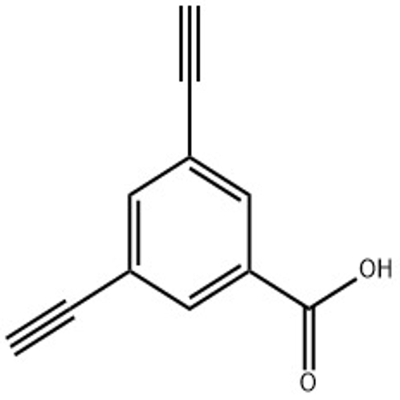-
Categories
-
Pharmaceutical Intermediates
-
Active Pharmaceutical Ingredients
-
Food Additives
- Industrial Coatings
- Agrochemicals
- Dyes and Pigments
- Surfactant
- Flavors and Fragrances
- Chemical Reagents
- Catalyst and Auxiliary
- Natural Products
- Inorganic Chemistry
-
Organic Chemistry
-
Biochemical Engineering
- Analytical Chemistry
-
Cosmetic Ingredient
- Water Treatment Chemical
-
Pharmaceutical Intermediates
Promotion
ECHEMI Mall
Wholesale
Weekly Price
Exhibition
News
-
Trade Service
Synthetic Routes of ALPHA-SEXITHIOPHENE in the Chemical Industry: A Comprehensive Review
Alpha-sexithiophene, a high-purity organic semiconductor material, has gained immense popularity in the chemical industry due to its unique electronic and optical properties.
The synthetic routes for alpha-sexithiophene have evolved over the years, leading to the development of more efficient and cost-effective production methods.
In this article, we will explore the various synthetic routes for alpha-sexithiophene and their applications in the chemical industry.
- Strain-promoted synthesis:
Strain-promoted synthesis is a commonly used method for the synthesis of alpha-sexithiophene.
This method involves the use of a strained alkene as a substrate, which is then alkylated with a Grignard reagent or a halogen compound.
The resulting product is then reduced to form alpha-sexithiophene.
Strain-promoted synthesis has been found to be a highly efficient method for the synthesis of alpha-sexithiophene, with a high yield of product.
This method is also cost-effective, as it uses easily available starting materials.
- Hydrogenation of an azulene derivative:
Hydrogenation of an azulene derivative is another widely used method for the synthesis of alpha-sexithiophene.
This method involves the conversion of an azulene derivative into alpha-sexithiophene through hydrogenation.
Hydrogenation of an azulene derivative is a simple and efficient method for the synthesis of alpha-sexithiophene.
However, this method requires the use of high pressure and high temperature, which can be expensive and energy-intensive.
- Arbuzov reaction:
The Arbuzov reaction is a popular method for the synthesis of polycyclic aromatic hydrocarbons, including alpha-sexithiophene.
This method involves the reaction of a phenyl halide with a ferrocene derivative in the presence of a Lewis acid catalyst.
The Arbuzov reaction is a versatile method for the synthesis of alpha-sexithiophene, as it can be used to synthesize a variety of polycyclic aromatic hydrocarbons.
However, this method requires the use of expensive and toxic reagents, which can increase the cost and safety concerns of the synthesis process.
- Sonogashira reaction:
The Sonogashira reaction is a widely used method for the synthesis of alpha-sexithiophene.
This method involves the reaction of a phenyl halide with a palladium catalyst in the presence of a phosphine ligand.
The Sonogashira reaction is a highly efficient method for the synthesis of alpha-sexithiophene, with a high yield of product.
This method is also versatile, as it can be used to synthesize a variety of organic compounds.
- Other synthetic routes:
Other synthetic routes for alpha-sexithiophene include the Heck reaction, the Stille reaction, and the Organo-metallic compound method.
Advantages and Challenges of Synthetic Routes for Alpha-Sexithiophene
The various synthetic routes for alpha-sexithiophene have their own advantages and challenges.
Strain-promoted synthesis is highly efficient and cost-effective, while hydrogenation of an azulene derivative is simple and efficient.
The Arbuzov reaction is versatile, while the Sonogashira reaction is highly efficient and versatile.
However, all of these methods also have their own challenges.
For example, the Arbuzov reaction requires the use of expensive and toxic reagents, while the Sonogashira reaction requires the use of expensive palladium catalysts.
Applications of Alpha-Sexithioph







